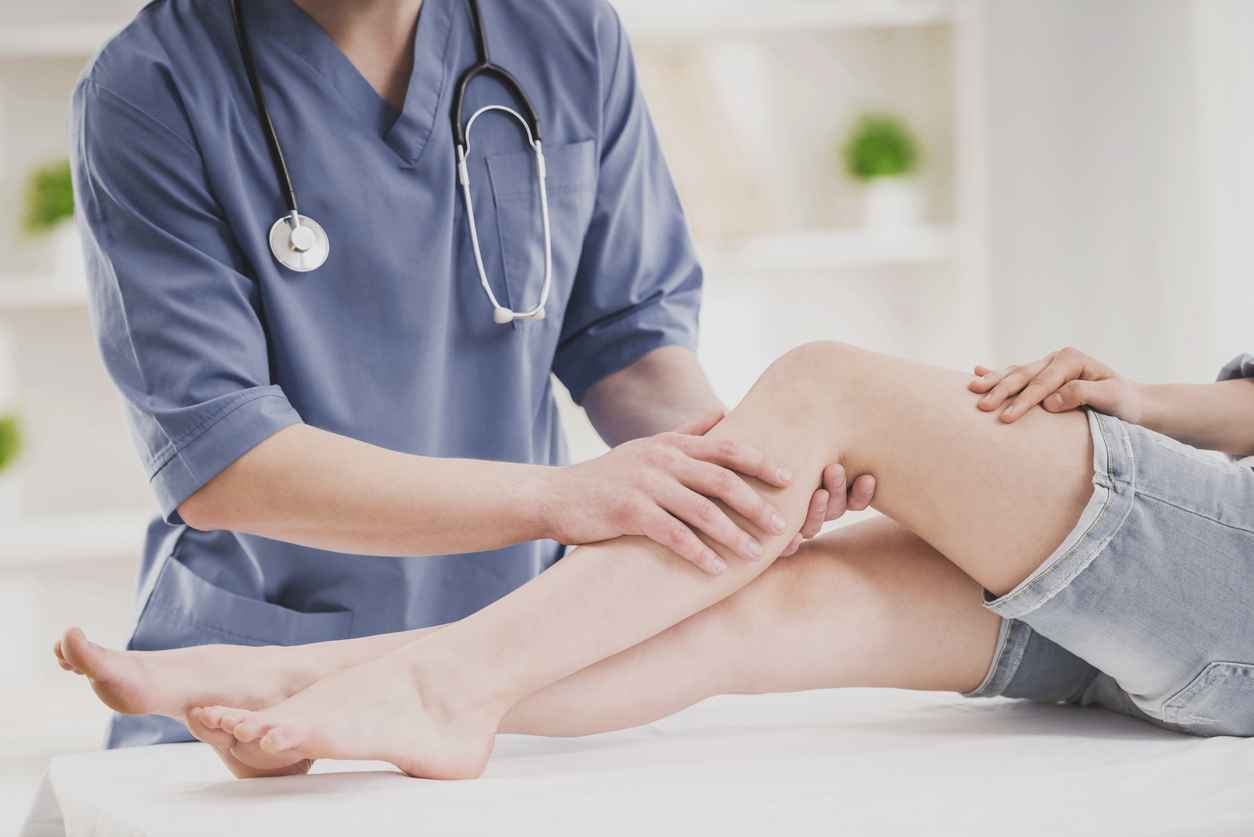When to Visit an Orthopedic Doctor: Signs You Should Not Ignore
When to Visit an Orthopedic Doctor: Signs You Should Not Ignore
Blog Article

Our musculoskeletal system—comprising bones, joints, muscles, ligaments, and tendons—plays a vital role in daily activities such as walking, sitting, lifting, and even sleeping comfortably. Yet many people delay seeking medical attention when pain or stiffness arises, often brushing off symptoms as minor or temporary.
Ignoring these signs can lead to more severe conditions or long-term complications. Knowing when to consult an orthopedic doctor is crucial for early diagnosis, effective treatment, and better quality of life. This article outlines key signs that you should never ignore, and when it’s time to see a specialist.
Who is an Orthopedic Doctor?
An orthopedic doctor is a medical specialist trained to diagnose, treat, and prevent conditions involving the musculoskeletal system. This includes everything from fractures and joint issues to arthritis and sports injuries. Orthopedic doctors may use non-surgical treatments such as physical therapy or recommend surgical interventions when necessary.
Top Signs You Need to See an Orthopedic Doctor
1. Chronic Joint or Bone Pain
Pain that lasts for more than a few weeks is a warning sign that something may be wrong. Conditions such as osteoarthritis, rheumatoid arthritis, or old injuries that didn’t heal properly can cause ongoing discomfort. Don’t wait until the pain worsens; early evaluation is key.
2. Difficulty Walking or Standing
If you’re limping, dragging a foot, or experiencing imbalance, your body may be compensating for an underlying orthopedic issue. These symptoms could be linked to hip disorders, nerve problems, or even early signs of joint degeneration.
3. Reduced Range of Motion
If you’re unable to fully stretch, bend, or rotate a limb like you used to, it's likely time to consult a specialist. Stiffness in joints and muscles often indicates inflammation, injury, or arthritis that may require physical therapy or medical intervention.
4. Swelling Around Joints
Swelling is your body’s natural response to injury, but persistent swelling could mean you have an infection, internal injury, or fluid buildup due to inflammation. This is especially serious if the swelling is accompanied by redness, warmth, or fever.
5. Numbness or Tingling Sensations
If you’re feeling “pins and needles” or numbness in your hands, arms, feet, or legs, it could indicate nerve compression or damage, possibly related to conditions like carpal tunnel syndrome, herniated discs, or spinal issues.
6. Injuries That Aren’t Healing
Whether it’s a sprained ankle or a fracture, some injuries may not heal as expected. If you're still in pain weeks after an injury, an orthopedic doctor can perform imaging tests and design a recovery plan tailored to your condition.
7. Pain After Repetitive Motion
Activities like typing, lifting weights, or playing sports can lead to overuse injuries such as tendonitis or bursitis. If repetitive actions cause you pain, it’s time to get a professional opinion before it becomes a chronic issue.
When to Seek Emergency Orthopedic Care
While some symptoms can wait for a scheduled appointment, others require immediate medical attention. These include:
- Sudden, severe joint or bone pain
- Visible deformities after injury
- Inability to move a joint or bear weight
- Suspected fractures or dislocations
Choosing the Right Orthopedic Care
Selecting an experienced and trusted orthopedic doctor ensures proper diagnosis and treatment. For expert care, consult the Best Orthopedic in Gurgaon, where highly qualified specialists offer both surgical and non-surgical solutions based on your individual condition.
They use advanced diagnostic tools, state-of-the-art surgical techniques, and personalized rehabilitation programs to restore function and mobility efficiently.
Why a Multispecialty Hospital Makes a Difference
Orthopedic issues often overlap with other health concerns like diabetes, obesity, or nerve disorders. Visiting a facility like the Best Multispecialty Hospital in Gurgaon allows you to benefit from coordinated care across specialties, ensuring comprehensive and seamless treatment.
Conclusion
Your body gives you signals when something isn’t right. Don’t ignore persistent pain, reduced mobility, or other symptoms that interfere with daily life. The sooner you address these concerns, the better your chances for a full recovery.
Whether it’s for a nagging joint issue or a sports injury that won’t go away, don’t hesitate to book an appointment with an orthopedic specialist. Early intervention can prevent long-term damage and help you get back to living life pain-free. Report this page